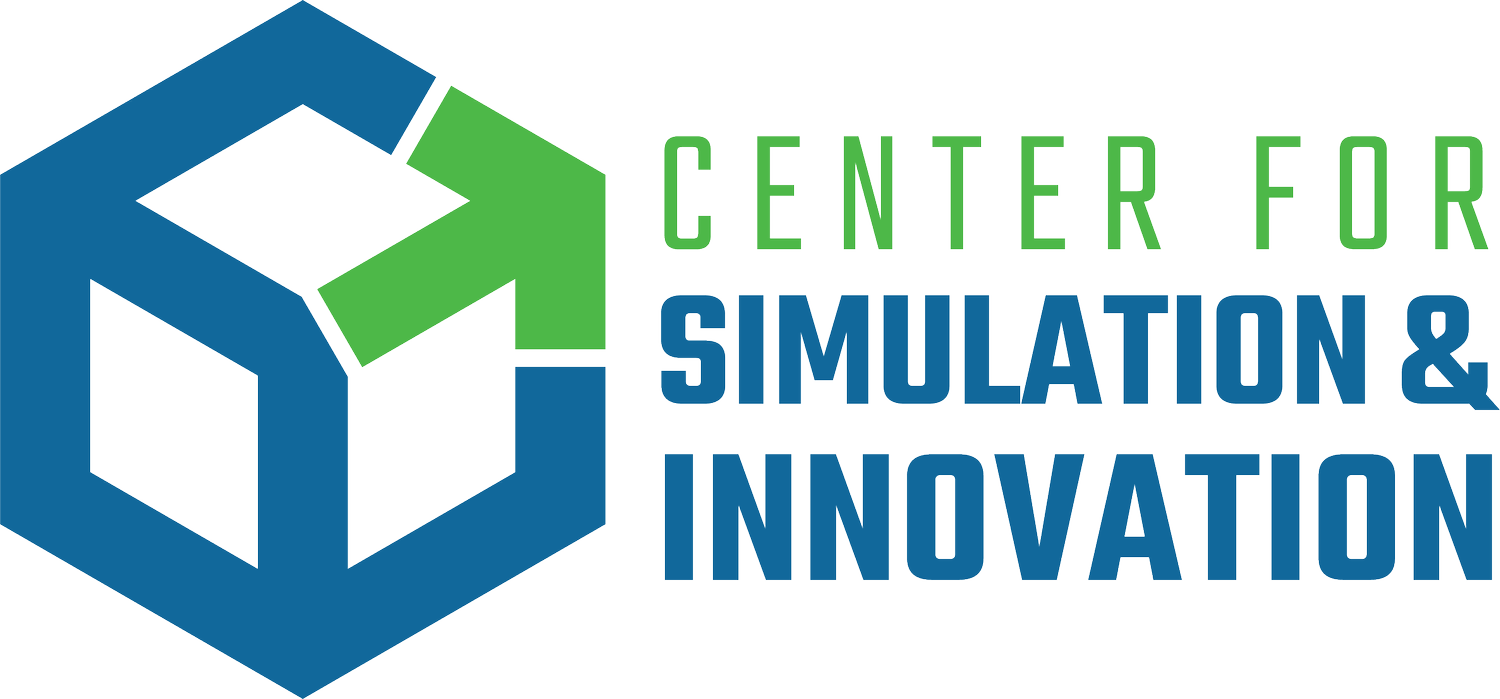
Frequently Asked Questions
What is simulation?
Simulation is a process of recreating a situation in such a manner that it closely represents actual reality. It allows for learners to be immersed in the situation and experience the “consequences” of their actions in a safe and nurturing environment. Each simulation situation can be adapted, adjusted, or repeated, allowing for learners to develop necessary critical thinking and decision-making skills.
Who should use simulation?
We believe simulated experiences are applicable to any type of situation where learning or training needs to take place, regardless of the setting.
How is simulation useful in a school or work environment?
Simulation training is effective for:
Training or teaching new skills.
Preparing learners for new or upcoming situations or environments in order to increase confidence and comfort in the setting.
Remediating or retraining when the learner is struggling to perform.
Testing of learner’s competence.
Application of learned skills and knowledge to particular situations or settings.
What types of simulation does the CSI utilize?
We are experts in creating simulation experiences in a variety of modalities.
Live and in-person experiences
a. We train educators to design, develop and deliver simulation learning and training to their students or employees through the use of live simulation experiences, which can be done using your own facility and equipment or through the rental of our space and equipment. Our state-of-the-art simulation center was built on the campus of Concordia University Ann Arbor, located in Ann Arbor, Michigan. It includes a large number of clinic spaces, emergency department bays, hospital rooms, a three-room apartment, a courtroom, boardrooms, various types of classrooms, and other spaces that can be made to simulate whatever your needs are for learning and training.
Video recorded/Portable simulation experiences
a. We convert live simulation experiences into portable, multi-player opportunities, using 360-degree camera technology.
Augmented/Virtual reality immersive simulation experience
a. We create products that improve learning and training in an immersive, yet safe, fashion using augmented and virtual reality programs.
We provide consultancy services to schools and businesses to design, develop and deliver simulation training in any of our modalities, to meet your particular needs.
What are the benefits I can expect when I teach or train using some form of simulation?
Simulation in any form, provides the participant with deep, long-lasting learning that occurs through the memorable lived experiences that occur. Additionally, the development of effective decision-making takes experience, knowledge, confidence, competence, and situational awareness, regardless of the setting. Immersive simulation training creates the opportunity to speed up the development of effective decision-making utilizing concentrated experiences practiced in a safe learning environment. We believe immersive simulation teaching and training leads to:
Performance enhancement
Confidence
Competence
Situational awareness
Skill development
Accurate self-awareness
Improved decision-making skills

